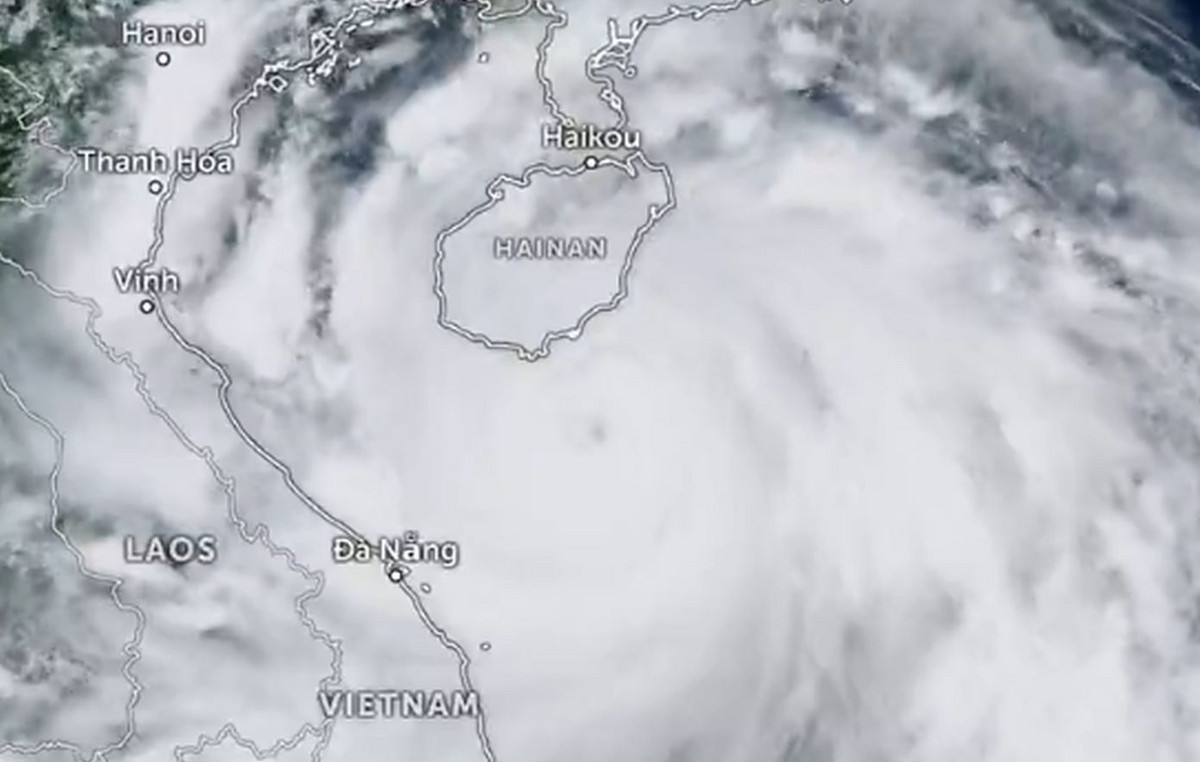British government borrowing costs rose again on Wednesday after Bank of England Governor Andrew Bailey told pension funds they had three days to correct liquidity problems before the bank closes. emergency debt purchase program.
The 20-year bond yield hit its highest level in 14 years at 5.141%, and 30-year yields rose above 5% for the first time since the BoE began buying bonds on Sept. by Prime Minister Liz Truss’ tax-cut plans.
But the pound rose more than 1%, recovering from the tumbles it suffered on Tuesday, after Bailey made the scathing announcement at an International Monetary Fund (IMF) meeting in Washington.
“We announced that we will be exiting the program by the end of this week. We think rebalancing should be done,” she said.
“My message to the funds involved and all companies involved in managing these funds: you have three days left now. You need to do this.”
British financial markets have been under pressure since the new finance minister, Kwasi Kwarteng, announced on 23 September a series of tax cuts without detailing how they will be carried out.
Kwarteng and Truss say the cuts are necessary for the British economy to grow again. Data published on Wednesday suggested the country was heading for a recession.
The rise in borrowing costs hit some pension funds, prompting the BoE to launch the bond-buying program, whose maximum daily size doubled on Monday and then expanded to include inflation-linked bonds on Tuesday.
Yields rose across all maturities on Wednesday with the sharpest rise in 30-year bonds. Yields on index-linked bonds also increased.
Investors are nervous that Friday’s deadline for the BoE’s bond-buying end may come too soon for some funds.
“Bailey has to give the message that the BoE is ready to go, but fundamentally there is a big question mark about that and whether the BOE will continue, or if the financial stability risks continue and the BoE will come back into the market,” he said. the head of economic research at Daiwa Capital Markets, Chris Scicluna.
However, the Financial Times reported that the BOE had privately suggested to banks that it might continue to buy bonds beyond Friday’s deadline if market conditions dictate. The newspaper cited three sources with knowledge of the discussions.
But a BOE spokesperson said it was “absolutely clear in contact with banks at senior levels” that Friday’s deadline will be maintained.
The central bank said on Tuesday that the situation poses a “material risk” to financial stability.
On Wednesday, it said it is “closely monitoring” liability-oriented investment funds (LDI), which are key to pension funds, ahead of Friday’s deadline.
“While the BOE certainly needs to reassert its independence and the primacy of its price stability mandate, it is far from clear how credible such statements are given the degree of vulnerability exposed in the bond market,” said Luke Bartholomew, senior economist at the BOE. abrdn.
Doubts over whether the BoE will be able to start selling bonds on its balance sheet also increased.
“To a global investor, the UK looks like a mess and so global investors don’t want to step in and buy bonds at attractive levels until the UK gets its house in order,” said Craig Inches of Royal London Asset.
Source: CNN Brasil
Joe Jameson, a technology journalist with over 2 years of experience, writes for top online news websites. Specializing in the field of technology, Joe provides insights into the latest advancements in the industry. Currently, he contributes to covering the world stock market.







